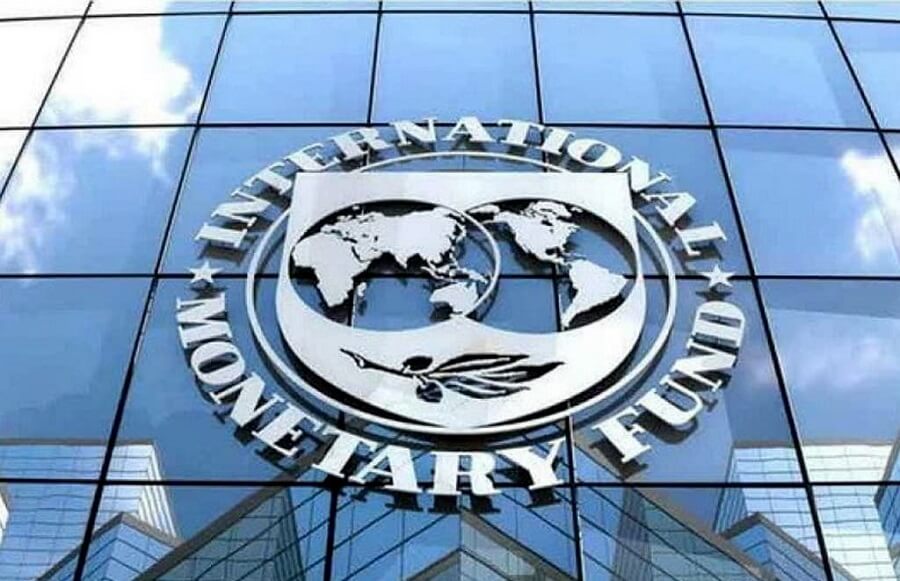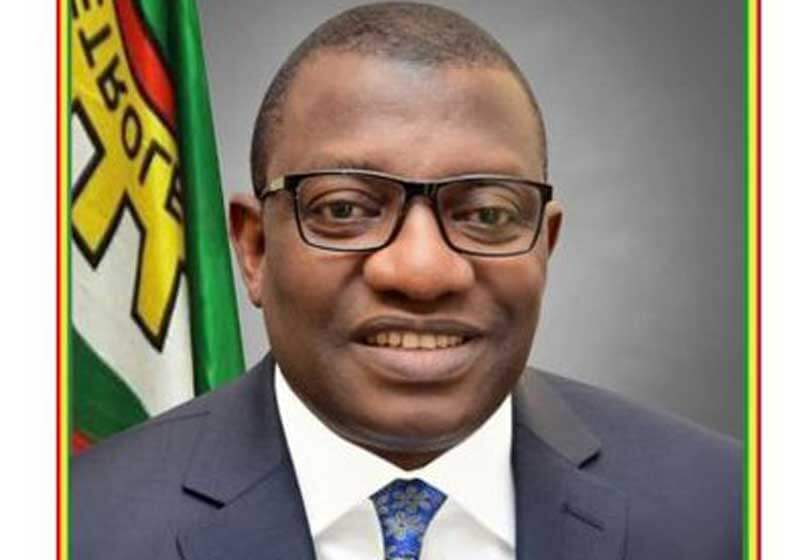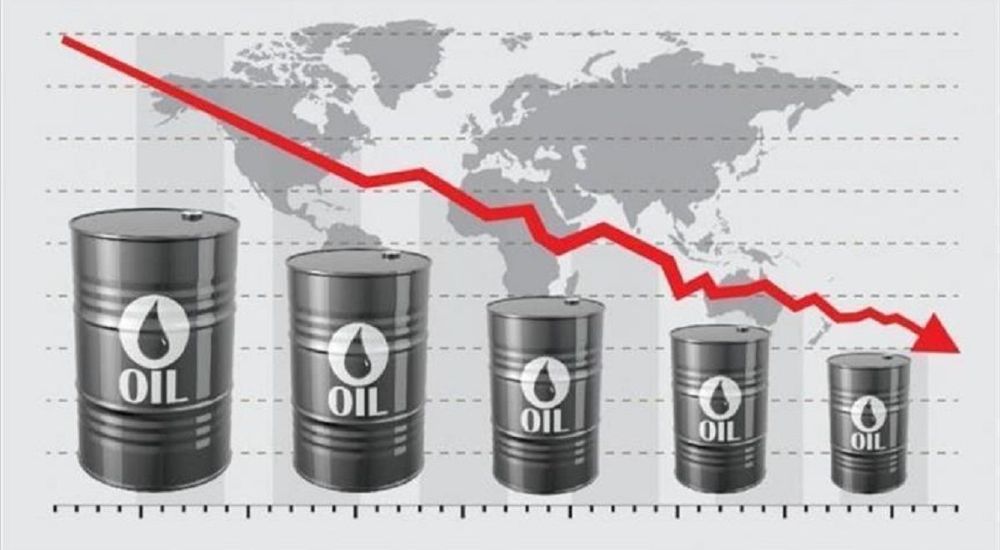IMF Urges Policy Tightening To Reinforce Economic Stability

The International Monetary Fund (IMF) has concluded its 2025 Article IV Consultation with Nigeria, commending recent reform efforts by the Nigerian authorities while emphasizing the need for continued policy tightening to reinforce economic stability, reduce inflation, and sustain growth.
In a statement issued at the end of the mission, the IMF noted that Nigeria has made significant strides in addressing key macroeconomic imbalances.
The IMF team, led by mission chief Axel Schimmelpfennig, held extensive discussions with Nigerian policymakers during its visit to Lagos and Abuja from April 2 to 15.
Meetings were held with top government officials, including the Minister of Finance and Coordinating Minister of the Economy, Wale Edun; the Governor of the Central Bank of Nigeria, Yemi Cardoso; and other representatives from the Ministries of Agriculture, Environment, labor unions, civil society, and the private sector.
According to Schimmelpfennig, the cessation of monetary financing of the fiscal deficit, the removal of costly fuel subsidies, and improvements in the foreign exchange market are important steps that have enhanced Nigeria’s resilience and positioned the economy more favorably to weather external shocks.
However, he cautioned that the benefits of these reforms have not yet been fully realized by the wider population, with poverty and food insecurity remaining elevated.
The IMF highlighted that Nigeria’s macroeconomic outlook remains uncertain, particularly due to elevated global risk sentiment and lower international oil prices. These factors continue to weigh heavily on Nigeria’s fiscal and external balances.
Against this backdrop, the Fund emphasized the importance of maintaining a tight monetary policy stance to guide inflation downward and support overall economic stability.
The IMF also advised the Nigerian government to implement the 2025 budget with a neutral fiscal stance that aligns with efforts to control inflation.
Fiscal savings from the removal of fuel subsidies, it said, should be channeled into the national budget to protect key development priorities, particularly investments that promote growth.
The Fund called for an acceleration and expansion of social protection programs, such as cash transfers under the World Bank-supported initiative, to mitigate the impact of inflation and food insecurity on vulnerable households.
In terms of monetary policy, the Fund endorsed the Central Bank of Nigeria’s data-driven approach, stating that it has helped the country navigate a volatile economic environment.
The IMF further recommended the announcement of a clear disinflation path as an intermediate target to better anchor inflation expectations.
The Article IV Consultation is part of the IMF’s regular surveillance of member countries’ economic health and policy frameworks.
The concluding statement provides an assessment of economic developments and policy direction based on dialogue with the host country’s officials and stakeholders.
The IMF’s final report on Nigeria will be presented to its Executive Board in the coming weeks.
IMF Urges Policy Tightening To Reinforce Economic Stability is first published on The Whistler Newspaper



